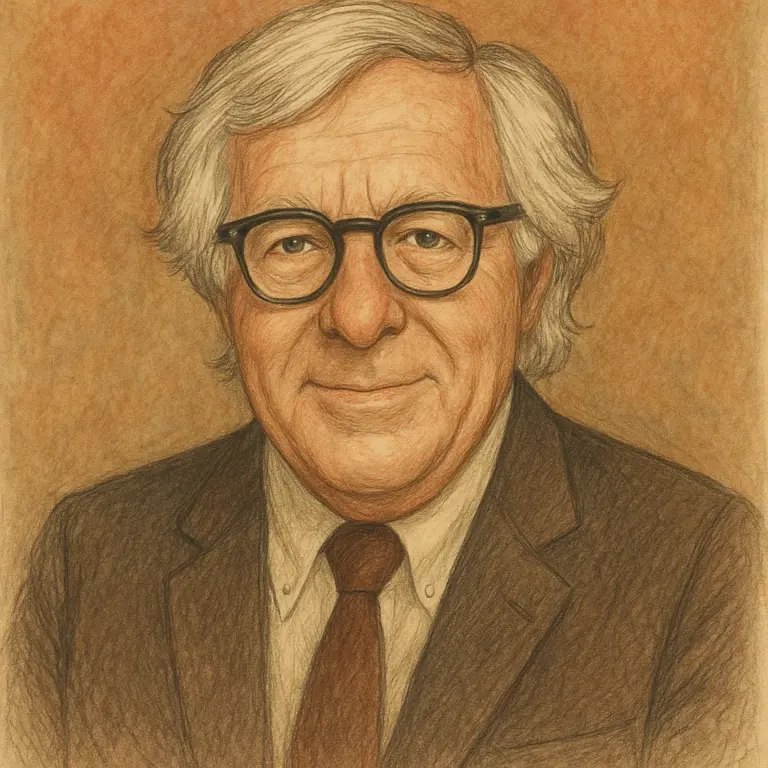Illustration of Ray Bradbury By Liftarn (Traced from Image: Ray Douglas Bradbury.jpg) [Public domain], via Wikimedia Commons " "Why is it that in a society with a Puritan heritage, we have such completely ambivalent feelings about Work? We feel guilty, do we not, if not busy? But we feel somewhat soiled, on the other hand, if we sweat overmuch? I can only suggest that we often indulge in made work, in false business, to keep...
Category: Business
9 Principles of Innovation at Google by Gopi Kallayil, Google’s Social Chief Evangelist
The 9 Principles of Innovation at Google Notes from Gopi Kallayil's Dreamforce presentation Gopi Kallayil sharing Google's innovation philosophy at Dreamforce I recently attended a Dreamforce session titled "The 9 Principles of Innovation at Google" and wanted to share my notes. 1 Innovation comes from everywhere There is no innovation department at Google. Kallayil shared an example where their algorithm was working with unintended consequences in that searches for "best ways to commit suicide" did...
Seth Godin on Compliance vs. Initiative
The Educational Challenge Compliance is simple to measure, simple to test for and simple to teach. Punish non-compliance, reward obedience and repeat. Initiative is very difficult to teach to 28 students in a quiet classroom. It's difficult to brag about in a school board meeting. And it's a huge pain in the neck to do reliably. Schools like teaching compliance. They're pretty good at it. To top it off, until recently the customers of a...
Pricing Strategy Insight
Jason Blumer Pricing Strategies for Creatives Read Full Article Worth Considering Your Thoughts? How do you structure pricing in your business? Have you found alternatives to hourly billing that work better?
Rethinking Motivation

Beyond Rewards and Punishments Pay people enough to take the issue of money off the table. So pay people enough to take money off the table so they aren't thinking about money, but rather the task/work at hand. Three Factors for Better Performance Join the Conversation Which of these three factors—autonomy, mastery, or purpose—motivates you the most in your work? Have you experienced the limitations of traditional reward systems?
David Kelley: How To Build Your Creative Confidence

Unlocking the creative potential that exists within all of us through design thinking and guided mastery David Kelley's influential TED Talk on building creative confidence has inspired millions to rediscover their innate creativity We've all heard the familiar refrain: "I'm not the creative type." It's a self-imposed limitation that David Kelley, founder of the global design firm IDEO and Stanford University's d.school, has spent his career dismantling. According to Kelley, this division between "creative types"...



